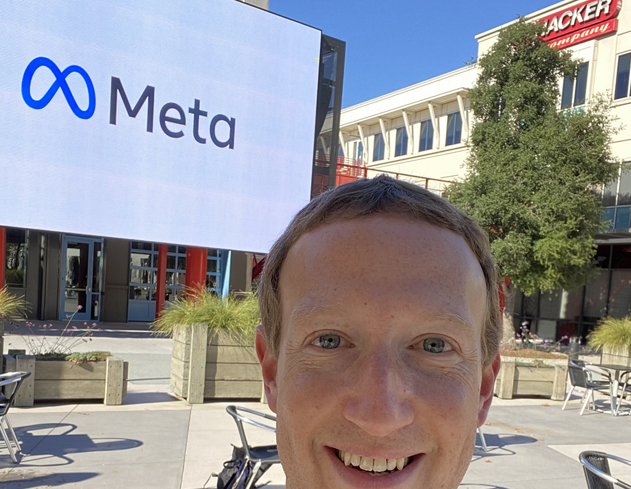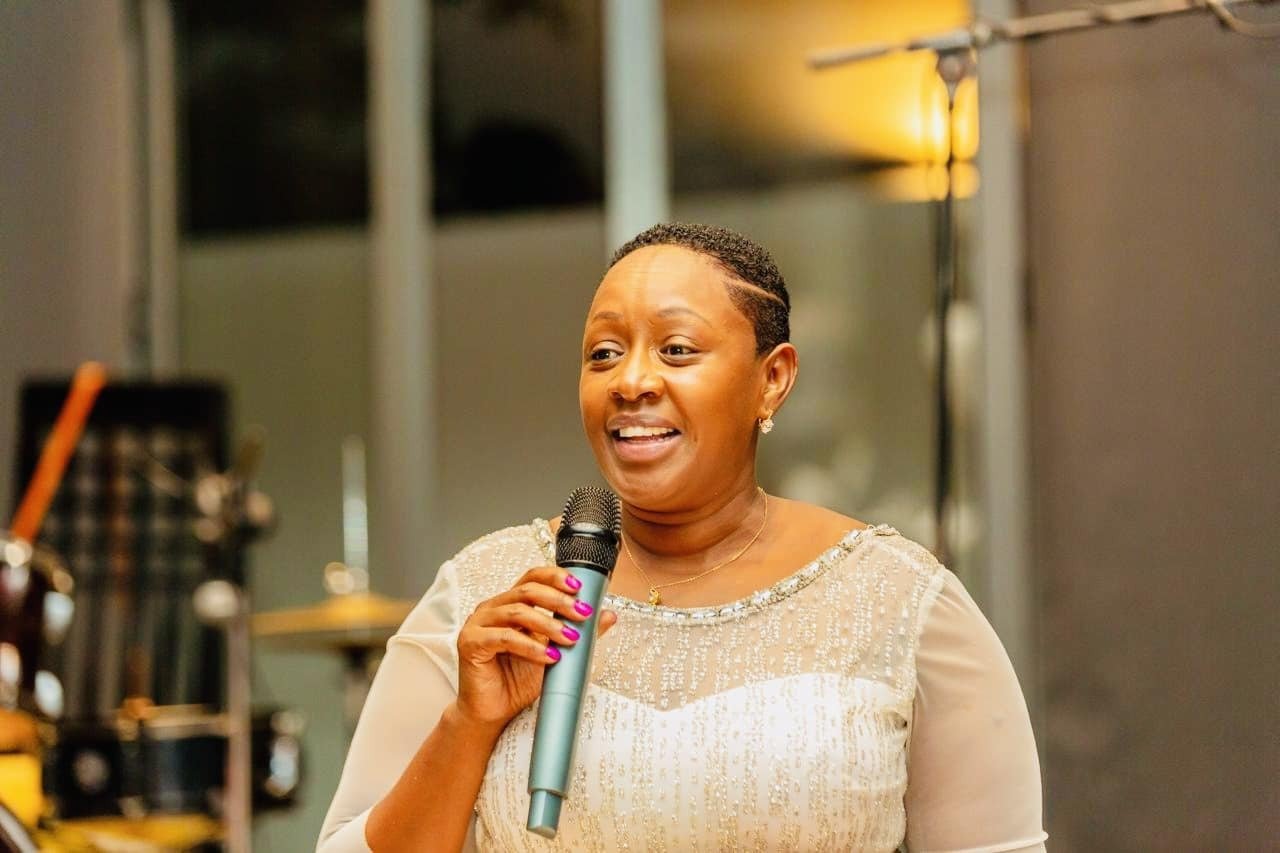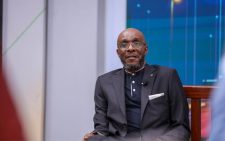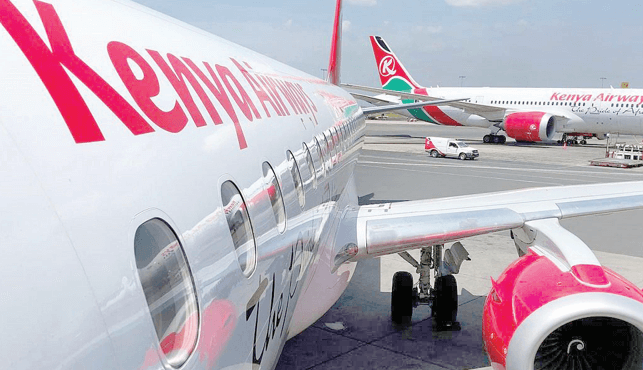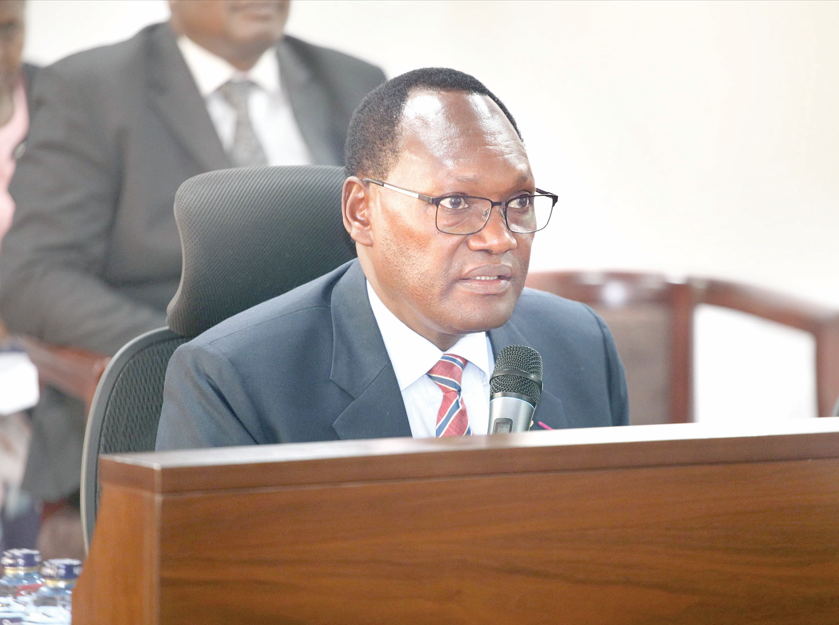Kenya’s soaring social media use sparks debate

Kenya’s economy could be facing an unseen productivity crisis as a new global report reveals the country’s internet users spend significantly more time on social media than users in most other countries.
According to the latest findings from audience research firm GlobalWebIndex, Kenyans now spend an average of four hours per day on social platforms — nearly double the global average of two hours and 19 minutes.
A slew of social media apps such as Facebook, Youtube, LinkedIn, Instagram, Tik Tok, Snapchat are conniving to rob Kenyans of their most important asset, time.
The report puts Kenya just behind digital-heavy nations like South Africa (9 hours 30min), Brazil (9hrs 15 mins and the Philippines (8 hours 32 minutes), raising fresh questions about the economic cost of digital distraction. In contrast, countries like Japan, which consistently ranks among the most productive economies globally, recorded some of the lowest daily social media usage.
The implications for Kenya’s economy are significant. Business leaders and economists worry that excessive time spent online—much of it on entertainment-based platforms—may be undercutting workplace productivity, particularly in urban centres where internet access is widespread.
“Four hours a day on social media isn’t just about leisure—it’s about time lost in output, decision-making, and innovation. If not addressed, this trend could erode the gains we’ve made in digital transformation,” said Nairobi-based economist Joseph Karani.
The debate has spilled into the public domain, with social media itself becoming the battleground. “You realise the countries that spend the least time on social media are the most developed,” one user posted. “We should have the social media apps closed throughout the day and open in the evening. We waste a lot of time.”
Others point out that Kenya’s demographic structure may offer a more nuanced explanation. “This is attributed to the age factor,” another user wrote. “Kenya has arguably the youngest generation, who, of course, will spend more time on social media compared to a very aged Japanese population.”
Indeed, GlobalWebIndex noted that younger users, especially women, were the most engaged on social platforms, a pattern observed across all countries surveyed.
This reflects broader global trends in social media engagement but also underscores Kenya’s particularly youth-heavy population and increasing digital accessibility.
Instagram was named the most popular platform globally, capturing 16.6 per cent of online user activity. It was followed by WhatsApp (16 per cent), Facebook (13.1 per cent), WeChat (12 per cent), TikTok and Douyin (7.3 per cent), and X (formerly Twitter) at 3.2 per cent. However, some argue that the country’s strong digital presence is not necessarily a bad thing.
Kenya has positioned itself as one of Africa’s leading digital economies, with social media playing a central role in entrepreneurship, freelance work, and news dissemination.“High usage isn’t just about entertainment, “Many Kenyans run businesses on Instagram, communicate with clients via WhatsApp, and build professional brands on LinkedIn and X.
Social media has become the backbone of the modern Kenyan economy,” said a social media user who sought anonymity. Still, concerns remain. With unemployment hovering at high levels, critics argue that idle youth are turning to social media to pass the time, creating a cycle of low productivity and digital dependency.
Beyond economics, social media is also reshaping Kenya’s political landscape. The platforms have become vital tools for youth-driven movements, including the recent anti-Finance Bill protests that forced President William Ruto to withdraw the unpopular legislation. Activists used hashtags, viral videos, and live broadcasts to mobilise support and pressure the government—demonstrating both the power and potential of digital engagement.
However, this has not gone unnoticed by those in power. Ruto has acknowledged the role of social media in political discourse but has also hinted at possible internet restrictions in response to online dissent. While he maintains support for freedom of expression, the suggestion has sparked fears of digital censorship.
As Kenya continues to navigate its digital future, the question remains: is the country leveraging social media for economic transformation, or is it falling into a trap of distraction and diminished productivity.

